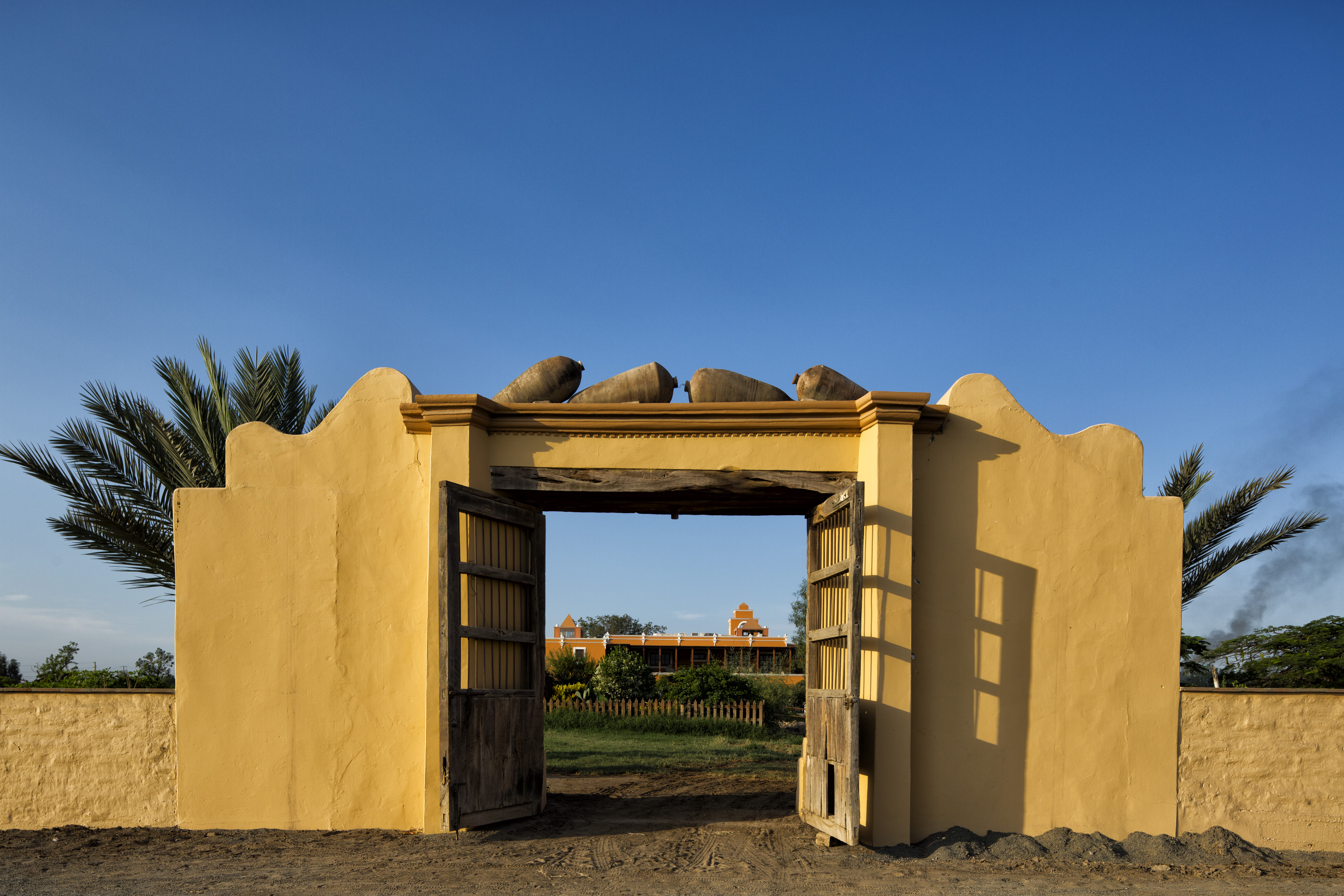Pisco Portón’s smooth flavors go back centuries. Four to be exact.
Like all good things, pisco began as an act of rebellion. In 1641, the King of Spain—Philip IV—imposed heavy taxes on all wine produced in Peru. In response, his new world subjects dodged the onerous tax by distilling the year’s grape harvest. In hand-forged copper vats nearly four centuries ago, a new white spirit was born and christened pisco, a reference to the Port of Pisco from where this new spirit was exported and which means ‘bird’ in the indigenous Quechua language. To this day, Peruvians call it their native spirit.
Pisco can boast what only a handful of other spirits enjoy: a Denomination of Origin. This means, quite simply, that all pisco must be made in a specific region and under the strictest of guidelines. All piscos are made in distilleries along the south western coast of Peru and must be distilled from any of eight specific aromatic and non-aromatic grape varietals: Quebranta, Negra Corriente, Mollar, Italia, Muscat, Albilla, Torontel and Uvina.
In its distillation, pisco must be made in small batches, crafted in traditional copper pot stills and left unaged or unaltered, meaning that not even water is added to the finished product. Pisco is distilled to proof, a rarity in a world where spirit makers distill to high alcohol levels and then add water to dilute to their desired proof.
At Pisco Portón, we proudly honor the centuries of craftsmanship behind this traditional spirit.


